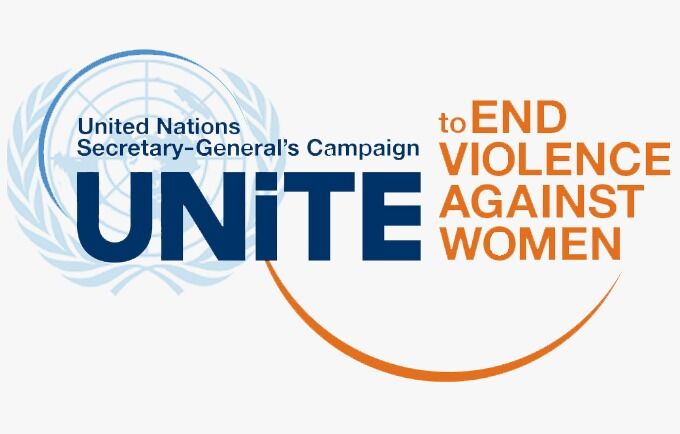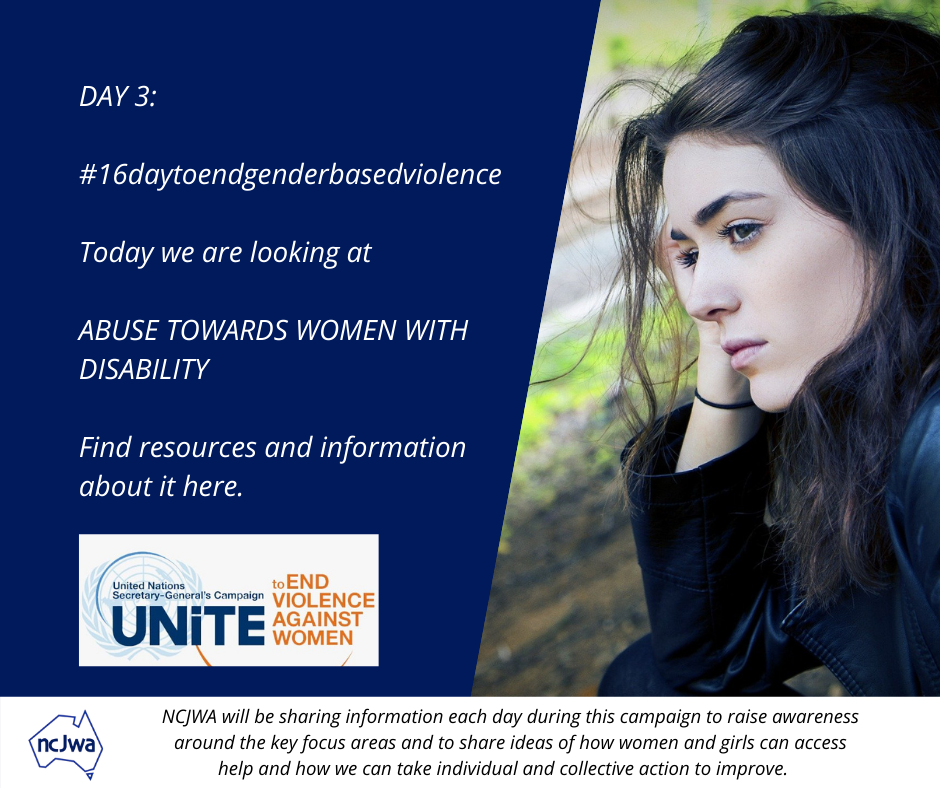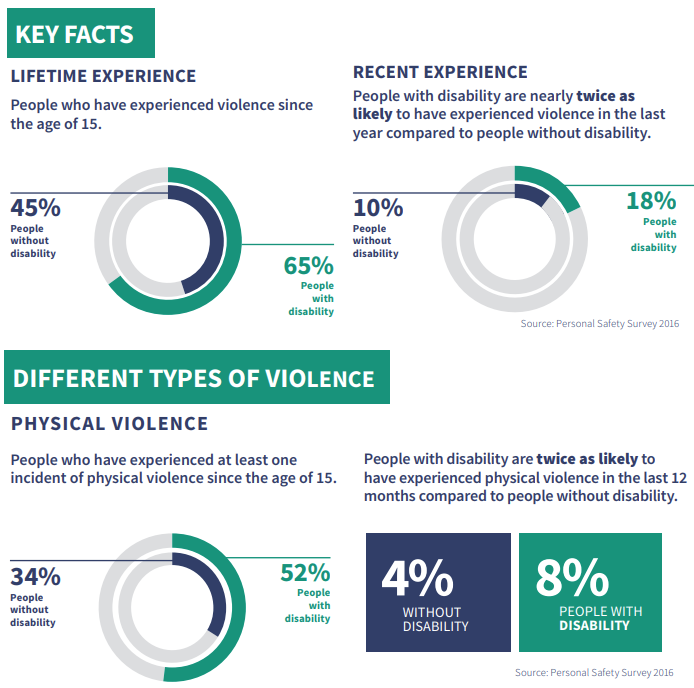Respond & Prevent Abuse Towards Women with Disability
Abuse of people with disability
- 65% of adults with disability have experienced violence after the age of 15, compared to 45% without disability
- 52% of adults with disability have experienced physical violence after the age of 15, compared to 34% without disability
- 21% of adults with disability have experienced at least 1 incident of sexual violence after the age of 15, compared to 10% without disability
- People with psychosocial or intellectual disability are more likely to experience violence.


Many of you will be familiar with story of Anna Marie Smith, a beautiful Adelaide woman, who died on April 6 2020, from severe septic shock, multi-organ failure, severe pressure sores, malnutrition and issues connected with her cerebral palsy, after being confined to a cane chair for more than a year.
Why?
Anna Marie had been left an inheritance from her loving family, owned her home, and received 6 hours daily support from the NDIS.
Because Ms Smith lived alone and relied on a carer for all of her needs. A carer that abused her trust, her care, her car, stole her money, her possessions and jewellery and took out 2 loans of $70,000 in her name.
People with disability were terrified it could happen to them and parents of children with disability were numb with fear for their children’s fate when they pass.
People with disability are among some of the most vulnerable people in our society due to their dependence on others for care and support or because of social isolation, their place of residence or the nature of their disability. Women and girls with disability are at even greater risk – of psychological, physical, sexual abuse, controlling behaviour and economic abuse. They are twice as likely as other women and girls to experience violence.
Failure by a service provider or a person caring for you to provide adequate care is NEGLET: Physical, failure to provide adequate food, shelter, clothing and protection or even supervising medical or dental care and unsafe environments or practices.
In Ms Smith’s case, it was passive neglect – withholding or failure to provide the necessities of life.
Where to go for help
- Call 1800RESPECT (1800 737 732)
- Translating and Interpreting Service (TIS): 13 14 50
- Download the Sunny App
- Visit the Disability Support Kit for videos and Easy English resources.

Sources:
- https://www.betterhealth.vic.gov.au/health/ServicesAndSupport/people-with-a-disability-who-experience-violence-abuse-or-neglect?viewAsPdf=true
- https://www.afdo.org.au/about-australians-with-disability/abuse-of-people-with-disability,
- https://www.abc.net.au/news/2020-08-06/woman-charged-with-manslaughter-of-ann-marie-smith/12529662.org.au
